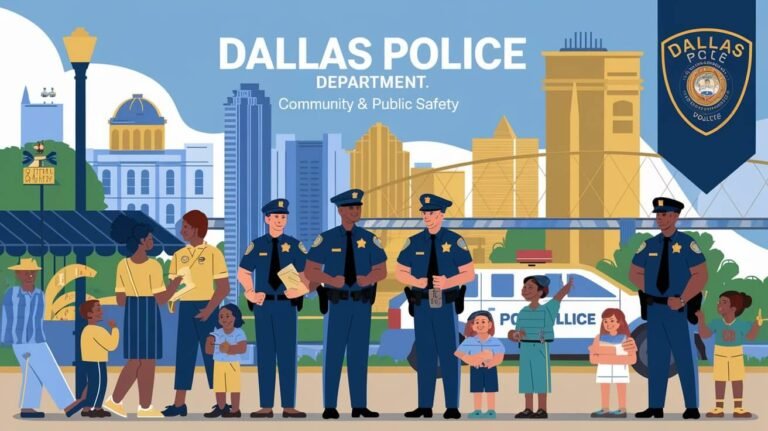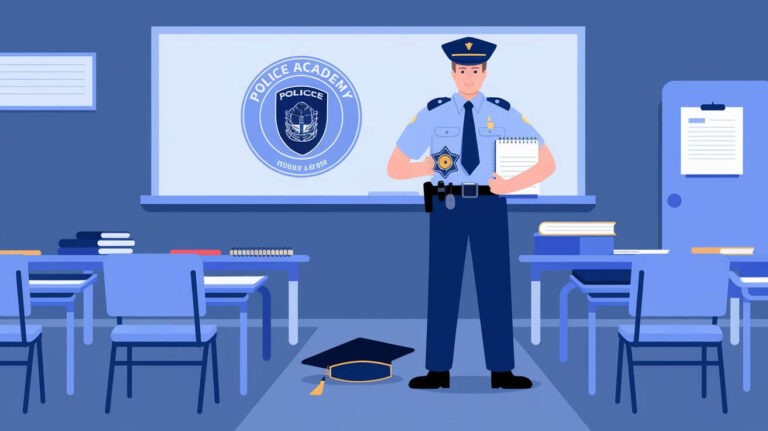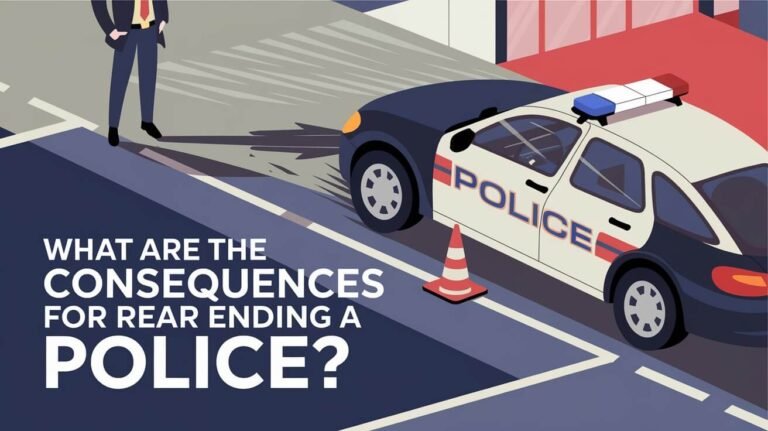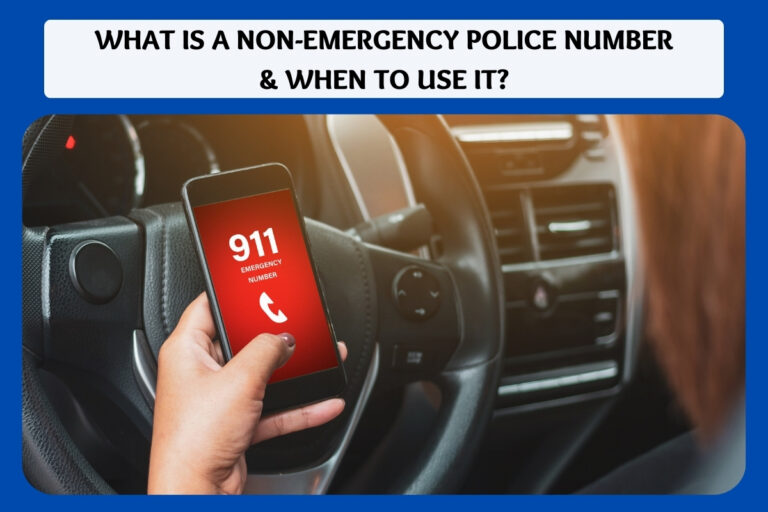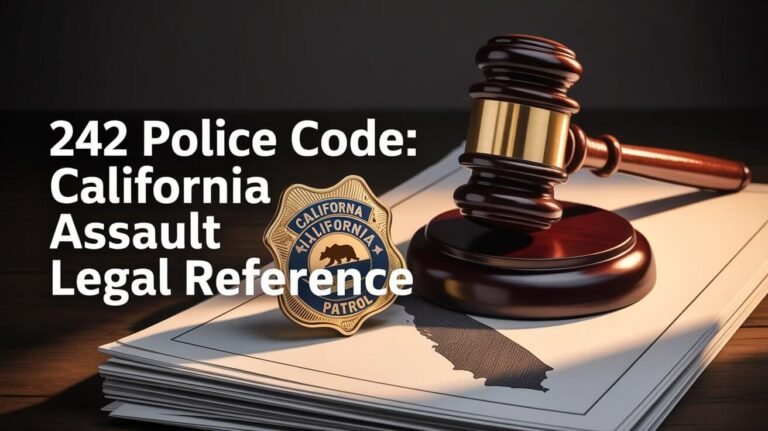What Is A Police Report: Complete Overview
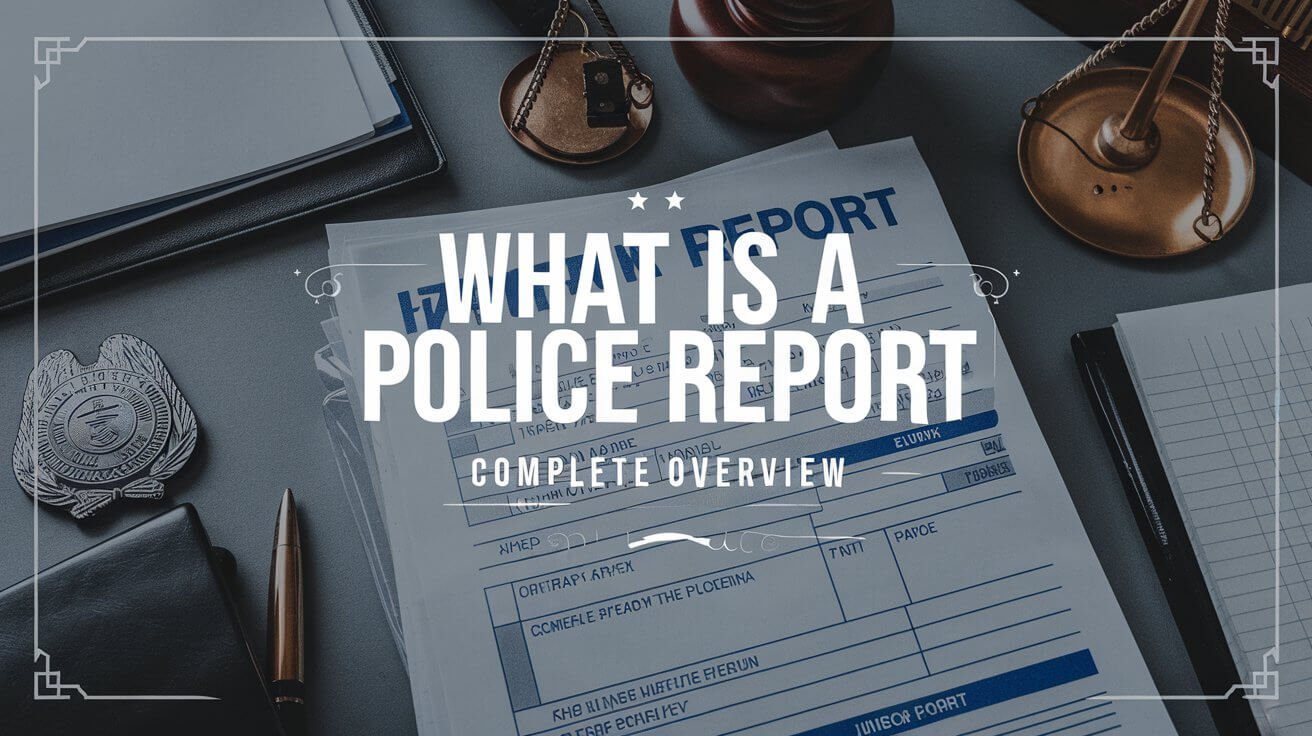
Ever thought about the role of a police report in the legal world? These documents are key pieces of evidence in many cases. They help in personal injury lawsuits and criminal investigations. But what do they really mean, and why are they so important?
Definition and Purpose of Police Reports
Police reports are key documents that record various incidents. These include accidents, crimes, and other events needing police help. They are vital in the criminal justice system, offering evidence and helping in criminal investigations.
Types of Incidents Requiring Police Documentation
Police reports cover a wide range of incidents. Here are some examples:
- Accidents: These reports detail the accident scene, damage, and contact info. Insurance companies use them to decide on compensation.
- Domestic Violence: Similar to accident reports, but focus on domestic abuse. They help victims in legal actions like lawsuits or protection orders.
- Crimes: Crime reports track incidents, support investigations, and identify suspects. They are needed by insurance for claims on theft or damage.
- Traffic Incidents: Traffic reports document incidents leading to tickets. They are key evidence in legal disputes and insurance claims.
Legal Significance in Law Enforcement
Police reports are crucial in the legal system. They are official records of incidents and evidence in court. They can be seen by those involved or their lawyers, ensuring transparency and access.
Role in Criminal Investigations
Police reports are vital in criminal investigations. They give detailed info on the incident, suspects, and evidence. This helps investigators build a case, spot patterns, and bring criminals to justice.
| Incident Type | Purpose of Police Report |
|---|---|
| Administrative | Used when police are accused of wrong behavior, starting an investigation like a criminal case. |
| Accident | Details the accident scene, damage, and contact info. Insurance uses them to decide on compensation. |
| Domestic Violence | Helps victims in legal actions like lawsuits or protection orders. |
| Crime | Tracks incidents, supports investigations, and identifies suspects. Insurance needs them for claims on theft or damage. |
| Traffic Incident | Records incidents leading to tickets. They are evidence in legal disputes and insurance claims. |
Components of Official Police Documentation
Police reports in New Jersey have common parts, even if there’s no single form. They usually list the date and time of the event, where it happened, and who was involved. They also include witness statements, evidence found, and the officer’s notes.
Writing law enforcement narratives well means being clear and detailed. Reports should be easy to read and include all important facts. This makes them complete and accurate.
Reports need to be set up right. They start with a heading that shows the date, title, and who wrote it. The main part is written in paragraphs, with each sentence on its own line. There should be a blank line between each paragraph.
- The intro gives the date, time, location, and what happened, along with why the officer was there.
- Reports are written in the first person, past tense, and in the order things happened.
- Good writing means using active voice, being straightforward, and avoiding slang or bias. Direct quotes should be used carefully.
- The end should say what actions were taken and conclude with “There is nothing further to report.”
To make good police reports, you need to organize well, be clear, and pay attention to details. This ensures a full and accurate story of what happened.
What Is A Police Report
A police report is a key legal document that records an incident or event reported to the police. It’s the base for any investigation, prosecution, or legal action. The report details the incident, including who was involved, using numbers like 21-0001.
Core Elements and Structure
Police reports vary slightly by agency but aim to give a full account of what happened. They include:
- Date, time, and location of the incident
- Detailed descriptions of the involved parties, such as the victim, suspect, and any witnesses
- A chronological narrative of the events leading up to, during, and after the incident
- Any physical evidence collected or observations made by the responding officer(s)
- Contact information for all relevant parties
- Additional details that may be relevant to the case, such as the officer’s initial assessment or any potential motives
Documentation Standards
Police departments have strict rules for documenting incidents. Officers are trained to make reports accurate and detailed. This is important because police reports are legal evidence used in court.
Official Format Requirements
The format of a police report can differ by area but usually has a standard structure. This makes it easier for everyone involved to understand the information.
Key Information Captured in Police Reports
Police reports are key documents that record important details about crimes and law enforcement actions. They are vital for legal and investigative needs. The information in them can greatly affect those involved and the community.
Reports note the date, time, and place of incidents. This info is key for criminal investigations and court cases. They also list contact details for everyone involved, like drivers, witnesses, and victims.
- Statements from those involved and the officer’s notes are included.
- Diagrams, photos, videos, and any traffic tickets are documented too.
Police reports are important for checking insurance claims and as court evidence. They help clear people’s names and figure out who’s at fault in legal matters. They also help find ways to make roads safer and aid in legal studies and accountability.
| Key Information Captured in Police Reports | Significance |
|---|---|
| Incident details (date, time, location) | Establishes context and timeline of events |
| Contact information of involved parties | Helps in investigation and legal proceedings |
| Statements and officer’s observations | Provides objective documentation of the incident |
| Diagrams, photos, videos, traffic citations | Supports insurance claims and legal evidence |
Police reports are essential for legal, investigative, and safety reasons. They ensure accurate records of crimes and law enforcement actions. This has big effects on individuals and communities.
Filing Process and Procedures
Filing a crime report starts with contacting the local police department that handled the incident. Police decide if a formal report is needed, based on the event’s nature and circumstances.
Required Documentation
If no police were called, no official report will be filed. This highlights the need to alert emergency services for any crime or incident. The Long Beach Police Department’s (LBPD) Online Police Reporting System allows for some reports, like Lost Property and Theft.
Submission Guidelines
But, violent crimes and financial crimes can’t be reported online. You must call the police dispatch for these. The online system also doesn’t accept photos or videos, so you’ll need to submit them another way.
Timeline Requirements
- The online system has rules, like the crime must have happened in Long Beach, the reporter must be 18 or older, and have a valid email.
- California Penal Code 148.5 (a) warns against making false police reports. It explains the legal consequences for doing so.
| Statistic | Value |
|---|---|
| Percentage of Serious or Sensitive Crimes Investigated by Detectives | – |
| Specialized Officer Allocation for Specific Crimes | – |
| Engagement of Interpreters for Language Barrier | – |
| Methods for Assistance in Identifying Offenders | – |
| Injury Examination | – |
| Identification Procedures for Offenders | – |
| Involvement of Public Prosecution Service (PPS) | – |
| Disclosure Timeline to Victims | – |
Essential Details Included in Reports
Police reports are official statements of events. They capture the key details of an incident. These reports are crucial in legal cases, from personal injury to criminal investigations. The information in a police report can greatly affect the outcome of lawsuits or insurance settlements.
Police reports usually include important details:
- Date, time, and location of the incident
- Names, contact information, and identification details of involved parties and witnesses
- Accounts of what happened, including witness statements and the responding officer’s observations
- Available evidence at the scene, such as physical evidence, vehicle information, and accident diagrams
- Descriptions of any injuries, fatalities, or property damage
- The officer’s opinions and conclusions about the incident’s causes
In Georgia, drivers must call the police and file a report after an accident. This is required if there are injuries, death, or significant property damage. The report will have details about the drivers and vehicles, as well as information about passengers and witnesses.
Police reports are key evidence for legal actions or insurance claims. They document the essential details of an incident. This can greatly influence the outcome of personal injury cases and other legal proceedings.
Accessing and Obtaining Police Reports
Getting police reports is key for those looking into legal evidence or a police incident. The steps, time, and cost can change based on where you are and the incident’s details.
Request Procedures
In Texas, you can get a police report from the department that handled the incident. You can do this online, by phone, or in person. Sites like the Texas Department of Transportation’s Crash Records Information System and Lexis Nexis’ Police Records portal also provide access. They charge $6 to $8 per report.
Processing Times
- Reports are usually ready 4-10 working days after the incident if you request them online, costing $6 to $8.
- Accident reports take 5-7 working days by mail, with a $6 fee.
- Getting a report in person costs $6 and takes 5-7 days.
- Non-involved parties or insurance agents might wait up to a month for a report by mail.
- Defendants often have a set time to get police reports from the District Attorney’s office for their defense.
Associated Fees
Fees for police reports vary by location and how you request them. In Texas, here are the usual costs:
| Request Method | Fee |
|---|---|
| Online | $6 to $8 per report |
| By Mail | $6 per report |
| In-Person | $6 per report |
The total cost for a police legal evidence records or police incident report can be $50 to $150. This depends on where you are and the case’s complexity.
Legal Applications and Uses
Police reports are very important in law enforcement. They are key in criminal investigations. These documents are used as evidence in many legal cases.
They help prove facts and back up witness statements. Police reports give a detailed account of what happened. This is important for building strong cases.
Police reports also help figure out who might be liable in civil cases. Companies and lawyers use them to understand potential damages. This is crucial for personal injury claims.
These reports also give valuable statistics. They help law enforcement understand crime patterns. This information is used to improve public safety.
| Legal Application | Significance |
|---|---|
| Criminal Investigations | Police reports serve as crucial investigative records, aiding prosecutors, defense attorneys, and law enforcement agencies in criminal prosecution and documenting agency actions. |
| Civil Liability Assessment | Police reports assist risk managers, insurance companies, and civil litigation attorneys in determining potential civil liabilities and damages in personal injury claims or other civil cases. |
| Statistical Analysis | Police reports provide valuable data that helps law enforcement and civilian administrators analyze crime trends, assess equipment needs, address manpower issues, and evaluate officer performance. |
Police reports are vital documents. They help in many ways, from criminal investigations to understanding crime patterns. They are key to keeping our communities safe.
Conclusion
Police reports are key in law enforcement and legal cases. They give detailed accounts of incidents as official records and important evidence. Knowing how to get these reports is vital for those in legal matters or documenting events.
Creating police reports involves a detailed process. It ensures the information is accurate, complete, and unbiased. By understanding police reports, we can better navigate the legal system and help make society safer and fairer.
As law enforcement and the justice system grow, police reports stay crucial. They are the foundation of investigations, legal actions, and efforts to tackle crime and safety issues. By valuing police reports, we can work towards a more peaceful and fair future.

